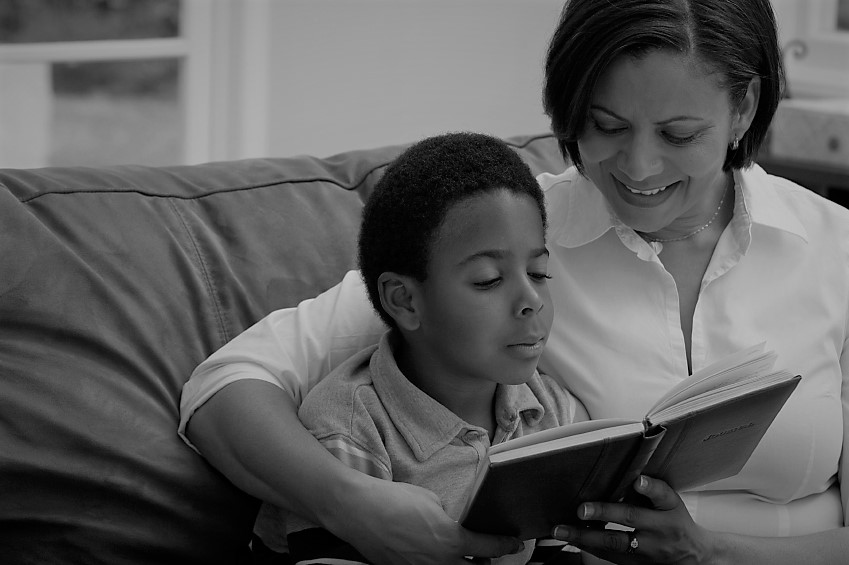
During stressful times, when we are challenged by our kids’ behavior, it is easy to fall into a punishment-reward cycle. We may lose our calm, flip our lids, and lay down a punishment. Then we feel bad and come back instead with ideas for incentives and rewards. Research tells us that neither work for developing self-motivation or long-term success. Punishment and rewards are alluring because they often do show very short-term success. They are also familiar to us because most of us grew up with them. What other approaches can we use when faced with problems like unfinished school assignments and lack of motivation?
- Recognize the problem is part of a bigger picture. Unfinished assignments are the tip of an iceberg that includes upended routine, grief over loss of friendships , inability to play and be active, and lack of physical presence in a classroom with a teacher. It takes its toll. We cannot solve all of these problems, but acknowledging them aloud to yourself and your child with compassion and empathy helps.
- Get inspired about what really motivates human behavior. Check out this 10-minute animated video – Drive: The surprising truth about what motivates us. For more information, Read Drive by D. Pink or Punished by Rewards by A. Kohn. Knowing what truly motivates people gives you more options to support your child.
- Offer ways for your child to practice autonomy. How can you build self-direction and choice into your child’s routine? In what ways can they exercise power in a positive, contributing way within the family and in the arena of schoolwork completion? Empowerment motivates.
- Mastery: Learning something because it is cool and fun, and we want to improve, is an intrinsic motivator. This can be separate from schoolwork. The motivation might spill over! What would your child like to learn? Guitar? Crochet? Baking? Skateboarding? How can you provide an outlet for them to share and celebrate their mastery as they improve? Can they teach a sibling or maybe a friend or relative what they learned over Zoom?
- Purpose: Sometimes it is difficult for kids to see how their assignments relate to their lives. Help them to connect the dots. Maybe there is a way that they can use their learning to support something that they believe in. There are still lots of volunteer opportunities for kids during this time. Take a look at PowerOf, which is a searchable site of virtual and in-person volunteer opportunities.
- Connection: Our brains are hardwired for connection and most kids aren’t seeing their friends much, which affects their mood and, in turn, can diminish motivation. Be creative around how your child might spend time with friends and stay safe. Here are 10 ideas.
Get Curious and Problem Solve: At a family meeting or in conversation with your child, ask them what they think is underneath the challenging behavior you are seeing. Involve them in finding and trying solutions. Be present as an ally to help kids follow through with the solutions they try. Create a structure to support success. Co-create plans and routines, which may be an important part of the solution.
